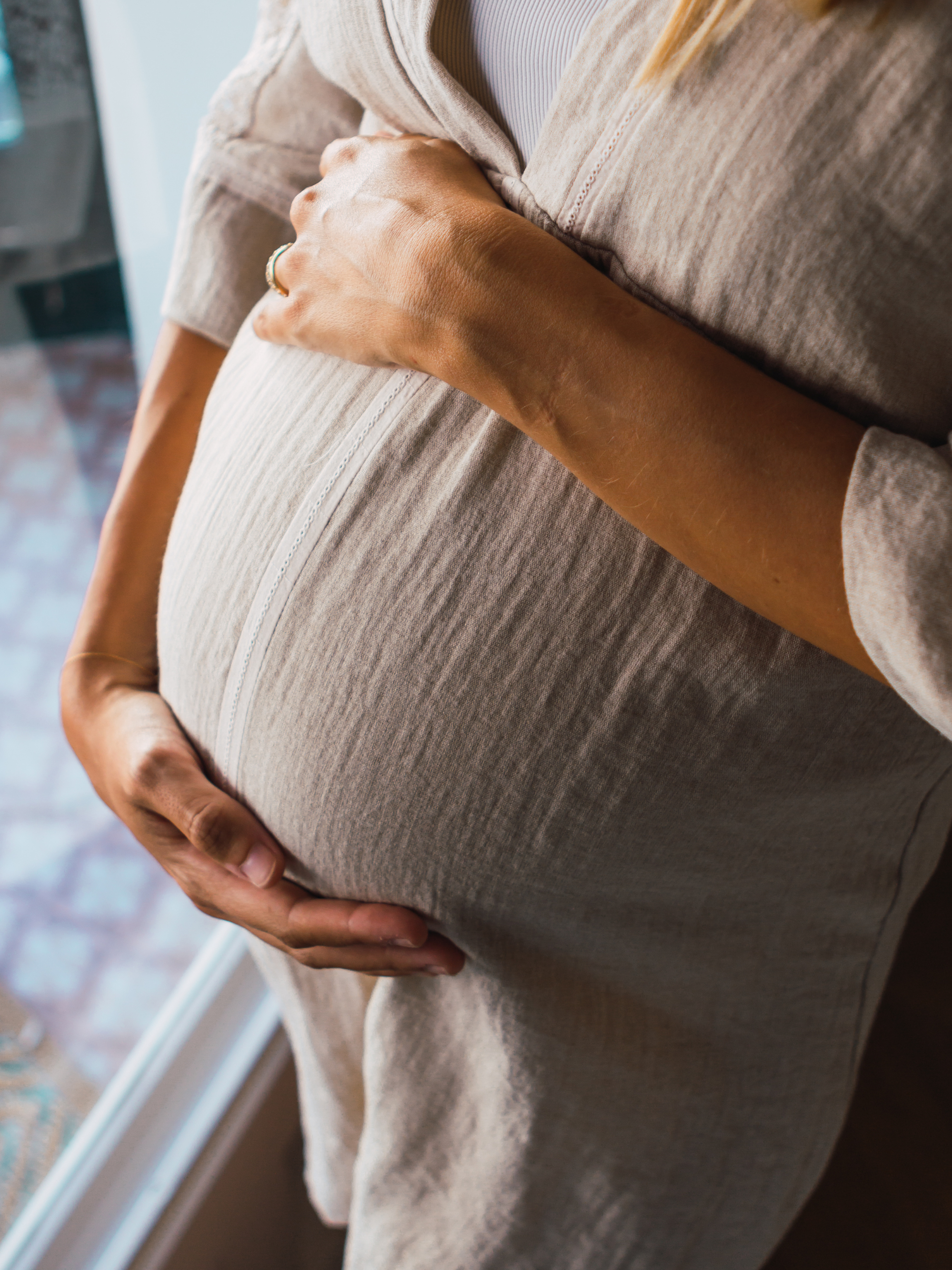
What is the Link Between Endometriosis and Gut Health?
Let's be real: talking about gut health isn't exactly the most glamorous topic. But it is an important one! What's going on in your gut can have a major impact on almost every aspect of your health and wellbeing, including chronic pain conditions. Recently, scientists have begun to explore the link between endometriosis and the gut, in search of new ways to understand and manage this painful condition.
Endometriosis: a hidden condition
Endometriosis affects one in ten women of reproductive age, causing chronic pain and potentially affecting fertility. It occurs when tissue similar to the lining of the womb grows outside of the womb in lesions, most commonly in the abdomen, ovaries, bladder and bowel - leading to heavy menstrual bleeding and severe discomfort. Unfortunately, getting a diagnosis can be difficult, with the average time from first symptoms to diagnosis in the UK being as long as eight years.
Many women are under-treated or misdiagnosed due to a lack of knowledge about the disease among primary care doctors and gynaecologists. This can be incredibly frustrating and can prevent women from living their lives fully, with severe pain making it difficult to work, socialise, or enjoy sex.
In recent years, studies have shown that the gut microbiota is associated with many inflammatory diseases, and that there is an association between the gut microbiota and endometriosis. It’s no wonder more than 90% of sufferers also experience gastrointestinal symptoms like bloating, constipation and diarrhoea.
Deep dive: The gut microbiome and endometriosis
So what is the gut microbiome exactly?
It refers to the trillions of microorganisms, mostly bacteria, that live inside our digestive system. But it's not just bacteria - viruses, archaea, and fungi also call our gut home. These microorganisms work together to form a complex ecosystem that is essential to our health.
All of this is made possible by the genetic material found in the gut microbiome. One of its primary functions is to extract nutrients from the food we eat, but it’s also responsible for protecting our body from harmful pathogens, as well as influencing our immune system. In fact, research has shown that a healthy gut microbiome can help reduce inflammation and fight infections. Here lies the endometriosis link.
Certain types of bacteria associated with endometriosis may produce a toxin that initiates an inflammatory response. The theory suggests that these bacteria can migrate from the gut to the pelvic cavity, promoting the onset and progression of endometriosis lesions.
However, it's important to note that the migration of bacteria from the gut to other parts of the body is not a typical occurrence. This usually happens only when the intestinal lining becomes compromised, which is referred to as 'leaky gut'.
An imbalance in the gut microbiome, known as dysbiosis, can also increase the amount of free circulating oestrogen (a female sex hormone). Given that endometriosis is an oestrogen-dependent condition, scientists believe that an unhealthy gut can accelerate endometriosis progression.
Get your gut in check: Strategies to manage endometriosis symptoms
Although more research is necessary to determine the most effective ways to treat the gut microbiome as a management strategy for endometriosis, the good news is there are steps you can take to support overall gut health and alleviate gut-related symptoms.
An easy way to start is to increase your daily fibre intake. Prebiotic fibre is the fuel for our microbiome, causing them to produce small metabolites called Short Chain Fatty Acids (SCFAs). These play an important role in reducing inflammation, which can help to prevent the growth of endometrial lesions. Try including a diversity of prebiotic food sources including artichokes, leeks, asparagus, onion, garlic, oats, and bananas.
By making simple lifestyle changes, such as adopting a healthy, balanced diet, increasing fibre intake and reducing stress levels, you can help improve your gut microbiome and reduce endometriosis symptoms. Although the precise mechanisms of action are not yet fully understood, these changes may help to alleviate inflammation and other gut-related symptoms, ultimately improving overall quality of life for those living with endometriosis.








